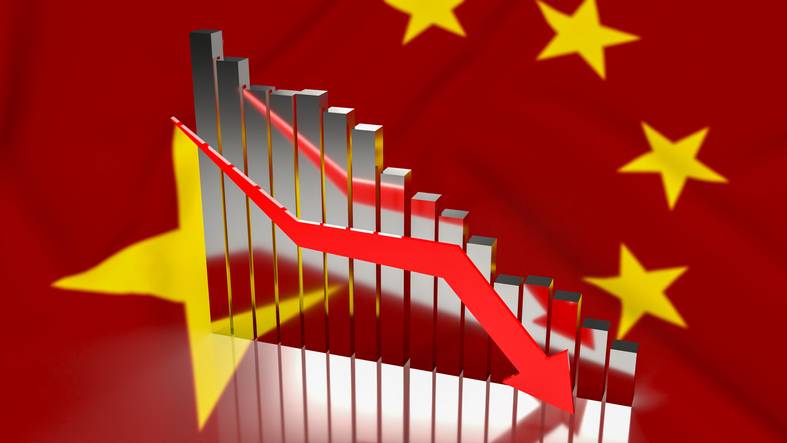Why China is Doing This
China is the second-biggest economy in the world, but it is facing some problems. The government wants to make the economy grow faster and make people more confident to invest and spend money. One of the problems is that many people are having trouble buying or selling houses because of high prices and low demand. Another problem is that some businesses are not making enough money and are having trouble paying back their loans.
To help solve these problems, the government is asking the biggest banks in China to lower the interest rates for home loans and savings accounts. Interest rates are the amount of money that people have to pay or receive when they borrow or save money. Lower interest rates mean that people can borrow money more cheaply and save money less profitably.
What China is Doing
The biggest banks in China are getting ready to lower the interest rates for most of the home loans in the country, which are worth about 38.6 trillion yuan ($5.3 trillion). This means that people who already have home loans will have to pay less money every month. This may encourage them to buy more things or invest in other areas. The banks may announce this change as soon as Tuesday, according to some people who know about it. The change will only affect people who have loans for their first homes, not their second or third homes.
The biggest banks in China are also planning to lower the interest rates for savings accounts later this week, for the third time in a year. This means that people who have money in their savings accounts will receive less money every year. This may discourage them from saving too much and encourage them to spend more or invest in other areas.
The government hopes that these changes will make people more confident and happy, and make the economy grow faster. The government also hopes that more people will invest in the stock market, which is a place where people can buy and sell shares of different companies.
How People are Reacting
Some people think that these changes are good and will help the economy, but some people think that these changes are not enough and will not make a big difference. Some people are still worried about the problems in the housing market and the business sector.
One expert named Larry Hu said that these changes are small steps, not big ones, because people’s confidence is still low. He said that he expects the government to do more things to help the housing market in the next few weeks, but he does not know if they will be strong enough.
The central bank of China, which is the main institution that controls the money supply and interest rates in the country, did not answer any questions about these changes.
What Else You Need to Know
These changes are not new or surprising. Many people expected them to happen after the central bank hinted at them in mid-July. China has already lowered some other interest rates before, which made home loans cheaper for new borrowers, but not for existing borrowers. The new change will make home loans cheaper for both groups.
Some analysts from a big bank called JPMorgan Chase & Co. said that the new interest rate for home loans will be 4.18%, which is 0.6% lower than the old interest rate for existing loans. Some people have already taken out short-term loans to pay off their home loans early and get the lower interest rate.
Most of the home loans in China are for first homes, not second or third homes. According to some official data, more than 90% of the existing home loans and more than 80% of the new home loans in 2022 were for first homes.
Lowering the interest rates for savings accounts may help the banks make more money or lose less money when they lower the interest rates for home loans. The big banks may lower the interest rates for savings accounts by between 0.05% and 0.2%, according to some people who know about it but do not want to say their names. The regulators, who are the officials who supervise and control the banks, have agreed with this plan. The change may happen as soon as Friday, one of them said.
China’s banking sector is facing some other challenges as well. Some non-bank lenders, which are businesses that lend money but are not regulated like banks, are failing to pay back their debts, which makes people worried about hidden risks and possible losses for banks. Some analysts also pointed out some dangers related to local governments borrowing too much money from banks, which could weaken the banks’ financial strength and reduce their ability to pay dividends to shareholders.
The government has been careful not to do too much or too little to help the economy while also keeping it stable. The central bank did not change one important interest rate that affects home loans in August, and changed another one by less than expected, which could help increase supply without reducing demand too much.





